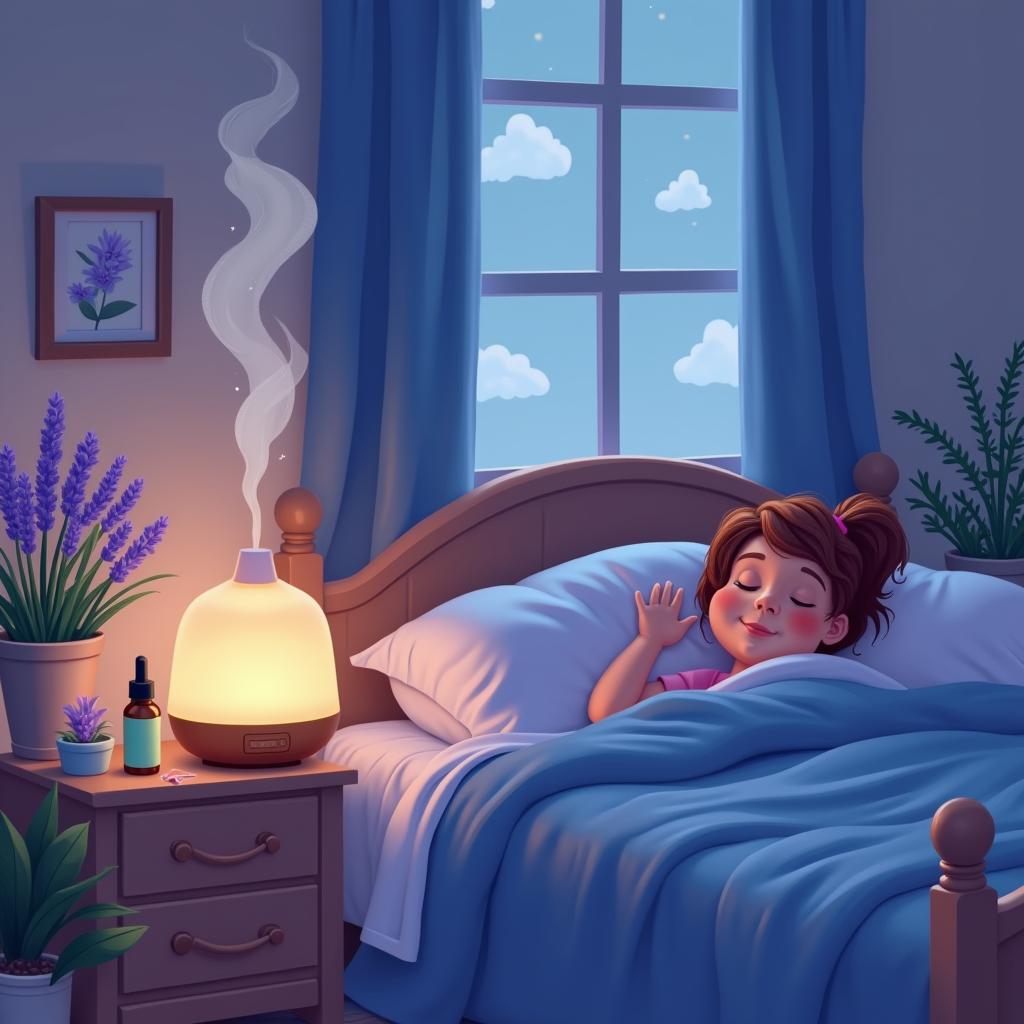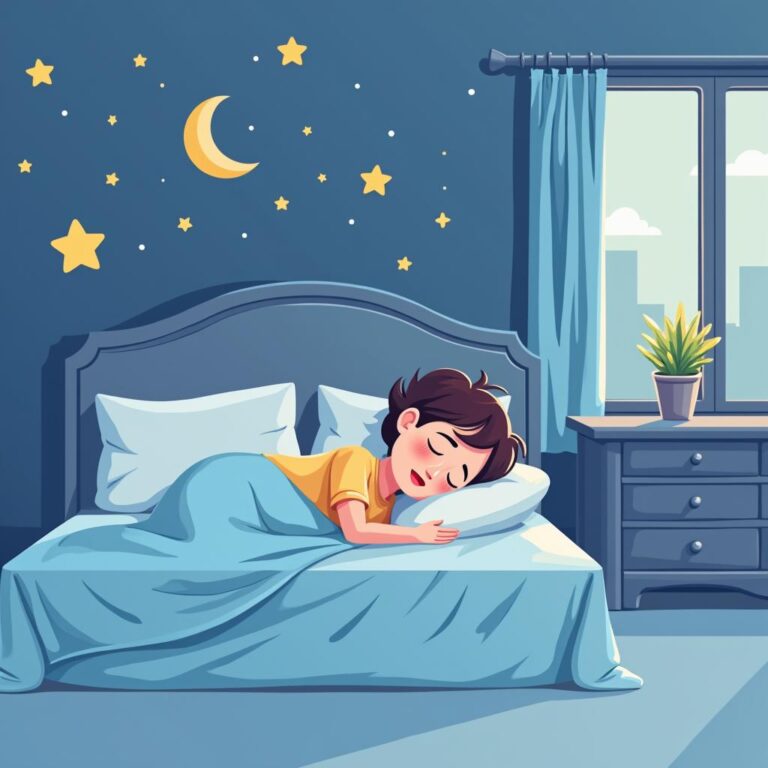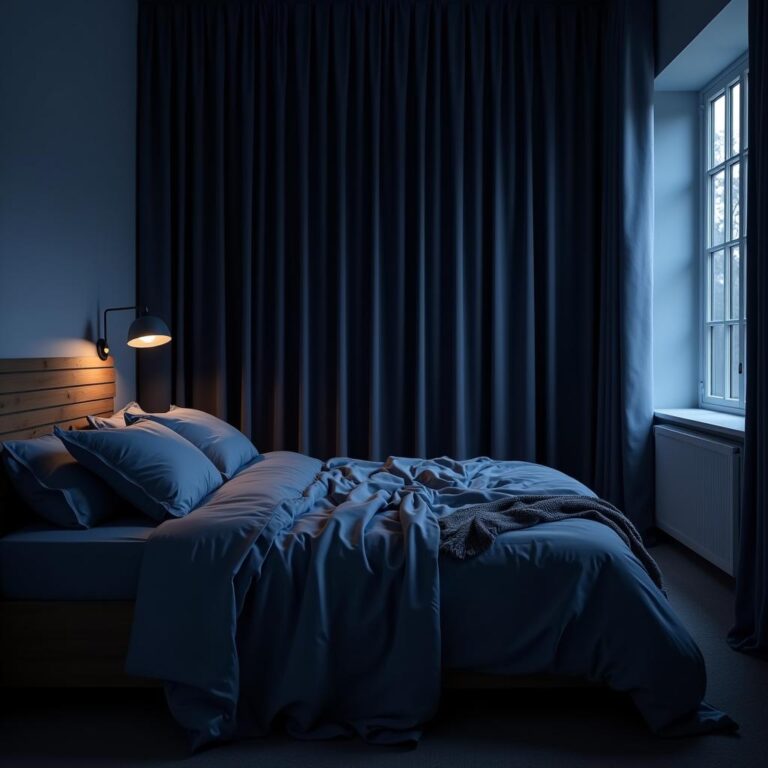In our fast-paced world, achieving restful sleep can often feel like a distant dream. Yet, many people are discovering that essential oils for sleep offer a natural way to enhance their nighttime routine. By creating a calming environment with the right scents, you can promote relaxation and prepare your body for a restorative night’s sleep. In this article, we will explore how essential oils work, their calming properties, and practical tips for integrating them into your sleep environment.
Understanding Essential Oils
Essential oils are concentrated plant extracts that capture the natural fragrance and therapeutic properties of various botanicals. These oils are derived through processes such as steam distillation or cold pressing. Many essential oils have been shown to possess calming and soothing properties that can significantly contribute to improved sleep quality. Commonly used oils for sleep include lavender, chamomile, bergamot, and cedarwood, each known for their unique benefits.
The Science Behind Essential Oils and Sleep
Research has found that certain scents can influence our mood and stress levels, which in turn can impact our ability to fall and stay asleep. The olfactory system, which is responsible for our sense of smell, directly connects to the brain’s limbic system—the area that processes emotions and memories. When you inhale the aroma of essential oils, it stimulates this part of the brain, leading to a calming effect that prepares your mind and body for rest.
Top Essential Oils for Sleep
- Lavender: Perhaps the most well-known essential oil for sleep, lavender has a calming scent that can reduce anxiety and promote relaxation. Studies have shown that inhaling lavender essential oil can improve sleep quality and increase overall feelings of calmness.
- Chamomile: This gentle oil is renowned for its soothing properties. Chamomile can help reduce anxiety and has mild sedative effects, making it a perfect choice for a relaxing bedtime routine.
- Bergamot: This citrus oil is effective in reducing stress and anxiety levels. Its unique scent can alleviate feelings of tension and help create a serene environment conducive to sleep.
- Cedarwood: With its woodsy aroma, cedarwood essential oil can help calm the mind and promote deeper sleep. Its relaxing properties make it an excellent addition to your nighttime ritual.
How to Create a Calming Sleep Environment with Essential Oils
Integrating essential oils into your bedtime routine is easy and can be customized according to your preferences. Here are some effective methods to create a calming environment:
1. Diffusion
One of the most popular ways to enjoy essential oils is by using a diffuser. This device disperses the oils into the air, allowing you to inhale their soothing aromas. To create a calming environment:
- Fill your diffuser with water according to the manufacturer’s instructions.
- Add 5-10 drops of your chosen essential oil or a blend (lavender and chamomile work well together).
- Turn on the diffuser 30 minutes to an hour before bedtime to fill the space with calming scents.
2. Pillow Spray
Another effective method is to create a pillow spray. It’s a simple DIY project that can enhance your sleep experience:
- In a small spray bottle, combine 2 tablespoons of water with 2-3 drops of your favorite essential oil.
- Shake well before each use and lightly spritz your pillow and bedsheets.
- For an extra refreshing touch, you can refrigerate the spray for a cooler sensation during warm nights.
3. Bath Time Bliss
A calming bath before bed can also help you unwind. Adding essential oils to your bath can enhance relaxation:
- Fill your bathtub with warm water.
- Add 5-10 drops of essential oil (lavender or chamomile are perfect choices) to the water.
- For a luxurious touch, you can combine the oil with a carrier oil like coconut oil to prevent skin irritation.
- Soak for at least 15-20 minutes while practicing mindfulness or meditation.
4. Creating a Relaxing Atmosphere
Further enhance your environment by considering other elements that contribute to relaxation:
- Dim Lighting: Lower the lights in your room as bedtime approaches. Use lamps or candles to create a soft glow that promotes a sense of tranquility.
- Comfortable Bedding: Invest in quality bedding that feels soft against your skin. Opt for natural materials like cotton or linen for comfort.
- Declutter: A tidy bedroom can help clear your mind. Take some time to organize your space, removing distractions and unnecessary items.
- Sound Environment: Consider incorporating white noise or calming music to further drown out disruptive sounds that can prevent sleep.
Tips for Using Essential Oils Safely
While essential oils can be beneficial, it’s important to use them safely. Here are some essential safety tips:
- Always do a patch test before applying oils directly to your skin to check for any allergic reactions.
- Never ingest essential oils unless under the guidance of a qualified healthcare professional.
- Ensure proper ventilation when using a diffuser, especially in smaller spaces.
- Keep essential oils out of reach of children and pets.
Conclusion
Incorporating essential oils for sleep into your nightly routine can significantly affect your ability to unwind and achieve the restorative sleep you deserve. By creating a calming environment with the right scents and thoughtful practices, you can transform your bedroom into a sanctuary of relaxation. Experiment with different essential oils and methods to discover what works best for you, and enjoy the journey to better sleep.







